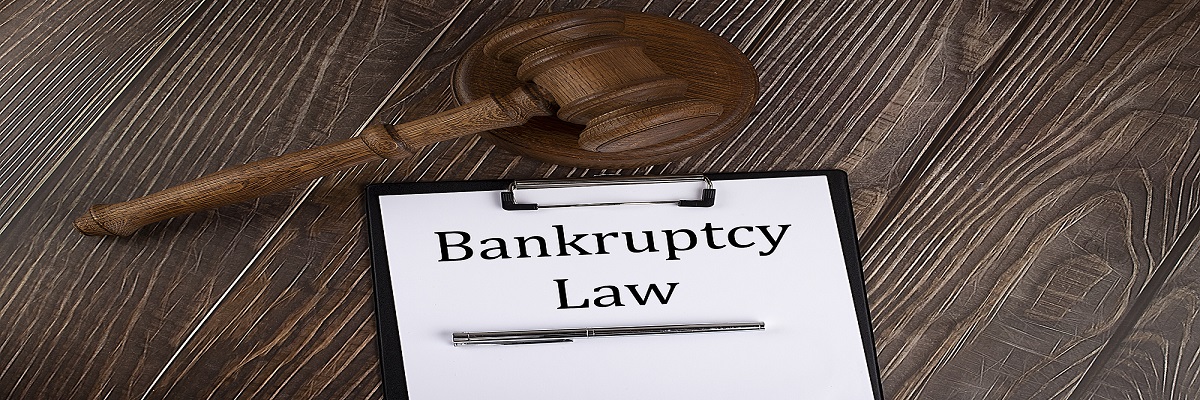Call: 888-297-6203
The past two years have wreaked havoc on several lives, and it is no wonder that several people struggling with their finances consider filing for bankruptcy. However, before you contemplate that, you need to know the basics regarding the process. The federal law established the bankruptcy system to help people struggling with debts get a fresh financial start. Different states provide different bankruptcy exemptions which allow you to protect some equity in your home, car, retirement account, household furnishings, etc. However, luxury properties like boats, artwork, jewelry, rental property, stocks, and bonds are usually not exempted.
Different bankruptcy chapters treat non-exempt property differently. Filers of Chapter 7 bankruptcy end up losing their non-exempt property that is sold to pay their creditors. In the case of chapter 13, you can keep all your property if you can pay your creditors an amount equivalent to its value. You can wipe your unsecured nonpriority debts such as medical bills, personal loans, credit card balances, and overdue utility payments on filing for bankruptcy. However, not all your debts can be discharged. Some debts like alimony and child support, student loan, etc., survive bankruptcy as they are non-dischargeable.
Choosing the bankruptcy chapter
While filing for bankruptcy, it is important to choose the correct bankruptcy chapter.
- Chapter 7, or liquidation bankruptcy, is the first choice as it eliminates all qualifying debts without paying anything to the creditors. The debts are discharged in three to four months. You can keep all the exempted property, but the non-exempt property is liquidated to pay the creditors. However, foreclosure and repossession cannot be stopped permanently in this case. In case of business bankruptcy, the trustee sells all business assets.
- Reorganization bankruptcy (chapters 9, 11, 12, and 13) is for individuals and businesses with additional income to pay their debts but not enough to cover the current expenses. Individuals and sole proprietors can file under chapter 13 bankruptcy. Chapter 11 bankruptcy is used by large businesses. Chapter 12 is meant for small farmers and fishermen, while Chapter 9 is used by cities, municipalities, and school districts.
- Chapter 13 bankruptcy requires the filer to pay their creditors through a 3- to 5-year repayment plan. The monthly payments can be used to catch up on secured debts like car or house payments or paying off child support and tax debts. Any remaining amount left is used to pay for unsecured debts like credit card bills, personal loans, medical bills, etc.
Eligibility criteria
To file for bankruptcy, you need to keep these things in mind:
- If you have filed for bankruptcy earlier, a waiting period of two to six years exists.
- Filing for Chapter 7 bankruptcy requires you to pass the means test.
- Filing for chapter 13 requires you to pay your creditors over a 5-year repayment plan which depends on your disposable income.
You need to hire a professional bankruptcy lawyer who can guide you through the entire process. To know more about bankruptcy discharge in Dallas, call 888-297-6203.
Bankruptcy process
Bankruptcy paperwork can be filed independently, or you can hire a bankruptcy lawyer to guide you through the process. Once the paperwork is filed with the bankruptcy court, an automatic stay is issued, which prevents creditors from collecting any money from you. A bankruptcy trustee is assigned to check your papers thoroughly to check for any signs of bankruptcy fraud. Bankruptcy filers need to attend the 341 meeting of creditors questions are asked and answered. Usually, this lasts less than 10 minutes. A Chapter 7 bankruptcy filer can get a discharge on completion and filing of financial management course certificate. Chapter 13 filers need to pay their creditors through the repayment plan and file the financial management course certificate before discharge. You can start rebuilding your credit after bankruptcy discharge and will soon be able to get finance for housing or a car.

